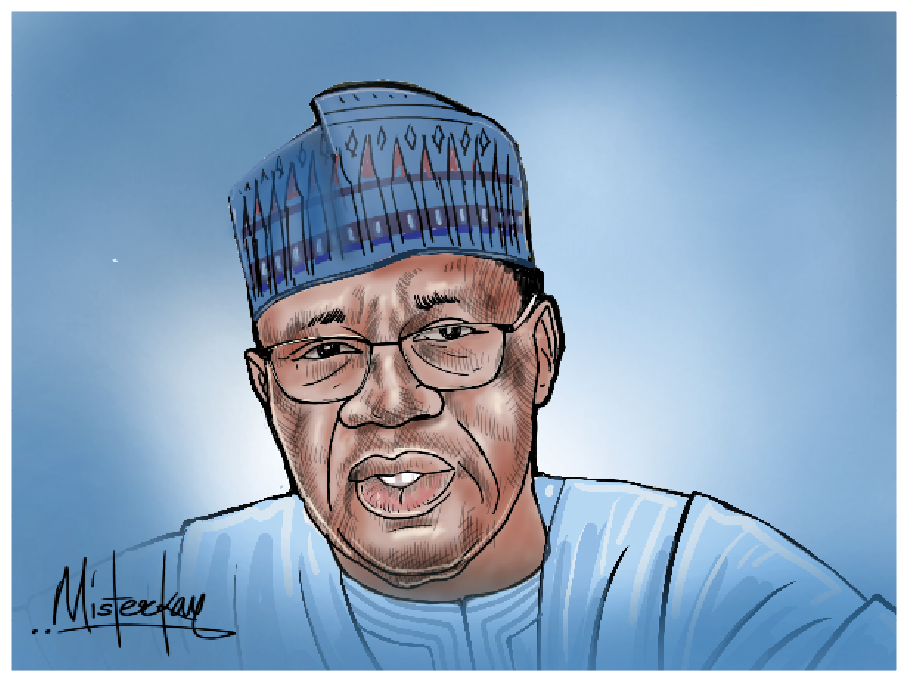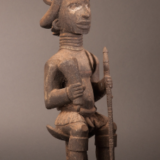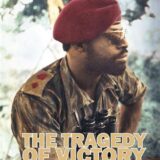Beyond the Shadows of Yesterday: Embracing Dialogue

The recent launch of former Head of State, General Ibrahim Badamasi Babangida’s (IBB), memoir has undoubtedly stirred a complex tapestry of emotions across Nigeria. For many, the name IBB evokes memories, both positive and deeply painful, inextricably linked with pivotal moments in the nation’s history. Among these, the annulment of the June 12, 1993, presidential election remains a significant wound, a stark reminder of a democratic aspiration denied.
The sentiment expressed by many Nigerians who grapple with this legacy is understandable. I feel the angst in the land, I get it. I was there, at Palmgrove, when boys who could have become men today, were mowed down in the prime of their youth. This is justifiable anger, but…the question that confronts us is how to navigate our complex past while forging a path towards a more unified future. The analogy drawn with the early Christian reception of Paul offers a compelling perspective. Imagine if the nascent Christian communities in Jerusalem, Philippi, Corinth, and Ephesus had remained solely fixated on Saul, the persecutor of the apostles? Would they have ever embraced Paul, the transformative figure who gifted the world the profound insights of the Pauline Epistles? In Paul’s transformation is the lesson that it is God, and only him, that forgives.
IBB could have navigated June 12 differently but for whatever reasons took decisions that have altered the path of growth of the nation. Should he be killed or perpetually haunted because of that? I think Jesus answered that question by saying ” “he that is without sin should cast the first stone.” Furthermore, the transformation of the thief on the cross, promised paradise despite his past transgressions, speaks to the potential for redemption. While the capacity for divine forgiveness rests solely with God, our approach to historical figures and events can be guided by principles of reconciliation and the pursuit of a better future. Leave IBB to seek forgiveness from Allah.
IBB’s decision to document his years leading Nigeria, regardless of one’s opinion of his tenure, should be commended. I think he has done well, he could have chosen silence, taking his experiences and perspectives with him. Instead, he has offered a narrative, a piece of the puzzle in Nigeria’s ongoing nation-building journey. Whether one agrees with his account or not, it serves as a catalyst for further discourse and understanding.The onus now lies on other key figures from that era, still living, such as David Mark, Abdulsalami Abubakar, Ebitu Ukiwe, and other IBB boys to write their own narrative about those dark days in 1993 and 1994.
Olusegun Obasanjo’s “My Command,” detailing his involvement in the Biafran War and his time as Head of State, and Godwin Alabi Isiama’s critical response in “The Tragedy of Victory,” exemplify the value of multiple perspectives in understanding complex historical events. These contrasting viewpoints enrich the national conversation and allow for a more nuanced comprehension of the past.Nigeria stands at a crossroads.
Acknowledging the pain of the past is vital, but allowing it to solely dictate the present risks hindering progress. IBB’s memoir, however contentious, can serve as a stepping stone towards a more comprehensive understanding of our history, provided it encourages further dialogue and the sharing of other perspectives.The path forward requires acknowledging the wounds of the past without allowing them to fester and consume the future. Nigeria must move onward, learning from its history, embracing open dialogue, and collectively striving for a future defined not solely by the shadows of yesterday, but by the promise of tomorrow.



